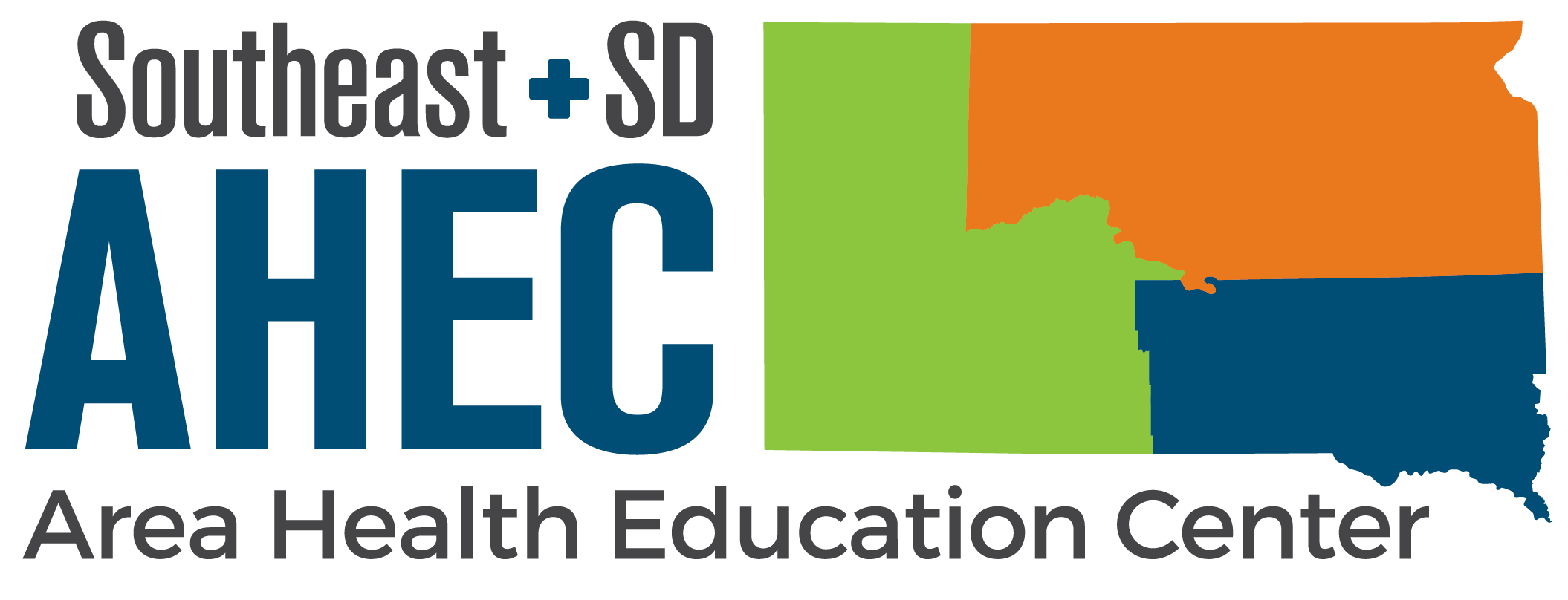After finishing up my REHPS program, I think I can confidently say that I learned things about rural medicine that I doubt I would have learned at any other time of my medical education. First, I think it is very important for all physicians to have a firm understanding of all parts of primary care and what patient’s experiences are like in that primary care setting. This does not simply refer to only family practice physicians, as there are multiple different healthcare practices that patients see in a primary care setting. Unfortunately, there is not a lot of time in medical school dedicated to learning about other healthcare practices and everything that they can offer to their patients. Secondly, I think it is very beneficial for medical students to see and experience rural healthcare, as it is the only form of primary healthcare for a large portion of this state’s population.
During my experience in this program, I had the opportunity to follow multiple different healthcare professions, including radiology, lab, pharmacy, physical therapy, & home health. Although I was exposed to some of these professions while working in a hospital before school, I had not seen how any of these professionals do their job in a rural setting. It was very insightful to see home health nurses work in the setting of patient’s homes. I had never really known for sure what type of patient’s require this type of care, but I now have a better understanding of everything they can help a patient with, as well as seeing all of the different patients that depend on this service to live independently. I also was not aware that therapy offered home visits as well. I never had really stopped to think about how a patient would be able to get to their therapy appointments if I ordered them to work with therapy 5 days a week.
Lastly, I thought it was very insightful to see many of the perks and downfalls or practicing in a rural setting. It was very rewarding to see these primary care physicians interact with their patients. All the providers I followed had such strong relationships with their patients and could tell me their patient’s entire history and about their families. I think that type of relationship can really pay dividends to help ensure patient are receiving quality healthcare, simply because the physician is invested in the lives of their patients. I also thought the critical access hospital offered a strong benefit to the local community, as it provides essential healthcare to all patients in the surrounding area. Although this meant that many of the providers had to take on considerable on call work to cover the ER, I think it’s pretty exciting that these providers get to practice both family medicine and emergency medicine at the same time. Finally, the people in Redfield were all very welcoming and would go out of their way to make sure that we were having a good time, which I think says a lot about the community. I had a lot of great experiences during my time there and felt like I always had something to do if I wanted to.
